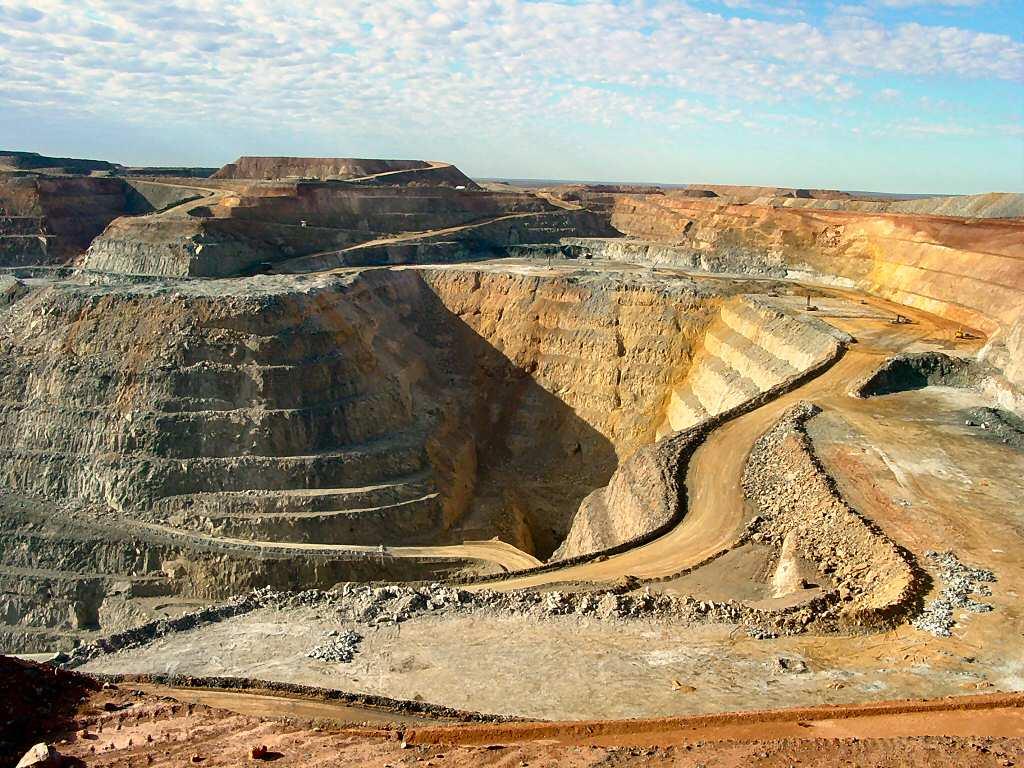Exclusive Q&A On Mining
With Taiwo Afonja
Posted: 21st April 2015 09:12
1. Have there been any recent regulatory changes or interesting developments?An interesting development in the Nigerian mining industry is the pending Metallurgical Industry Draft Bill, 2014 which is currently before the National Assembly– the Bill is for an Act to provide for the regulation and effective monitoring of metallurgical activities in the mines and steel sector. It seeks to provide a legal framework for the effective management of metallurgical activities in Nigeria, to ensure that metals are exploited and developed in the best interest of Nigeria and that workers in metallurgical plants are protected and not exposed to the risks associated with operations of such plants.
2. Can you outline the main risks facing the industry?
Illegal Mining:Over $50 billion (N8 trillion) has been lost to illegal mining and exportation of unprocessed gold to neighbouring countries. This is in addition to the loss of thousands of lives due to the unsafe practices of illegal mining.
Security: Security of lives of staff/mine workers and property of operators particularly in the Northern part of Nigeria.
Project Funding: Inadequate funding of the Nigerian mining industry has resulted in the inability of some operators to commence operations leading to their failing to comply with the terms of the grant of their licences and the consequent revocation of the same.
3. How does the tax regime work for mining projects in your jurisdiction?
Income tax at the rate of 30% of chargeable profits; Education tax at the rate of 2% on assessable profits. 5% value added tax on the gross value of vatable goods and services. Royalty, annual fees and rentals are also payable. Incentives include:
- 95% Capital allowance on qualifying capital expenditure incurred on investment on exploration, development, processing and all infrastructures costs incurred of ownership and replacement.
- Customs and import duties exemption on approved plant and machinery, equipment and accessories imported specifically and exclusively for mining operations.
- A three year tax holiday renewable for a period of two years.
4. What should companies look for when deciding on a location to invest?
Fiscal Regime: Investors should ensure that the fiscal regime of the host country provides sufficient incentives.
Easy repatriation of dividends and profit (where company is a foreign entity): it is important that laws of the host country safeguards the transferability of profit on investment.
Access to infrastructure and basic social amenities such as power, water and good roads.
Access to project funding from local investors and financial institutions.
5. To what extent does political interference affect mining activity in emerging markets and how can legal system risks be minimalised?
Mining activities are affected in that there is a lack of independence/transparency in the administration of the industry. Foreign investors lack confidence in the system and refrain from providing the much needed funding. In Nigerian, this risk has been greatly eliminated by the establishment of the Mining Cadastre Office as the sole agency responsible for administration of mineral titles has minimalized political interference in the industry.
Emerging markets would minimise legal system risks by ensuring the independence of the judiciary, guaranteeing that legal proceedings are free and fair and that adequate legislation/protection exists for investors which are enforceable.
6. In an ideal world what would you like to see implemented or changed?
Enforcement of health and safety regulations by the relevant authorities as well as appropriate sanctions in cases of default to safeguard lives of miners and residents of the host community and their resources.
Formulation and implementation of well-developed and engaging corporate social responsibility programmes to provide for the development of the host community and the reclamation of the explored/exploited areas.
Taiwo Afonja is a Partnern within the Energy & Project Finance Department of Adepetun Caxton-Martins Agbor & Segun. He can be contacted on +234-1-4622094 or by email at tafonja@acas-law.com




Comments